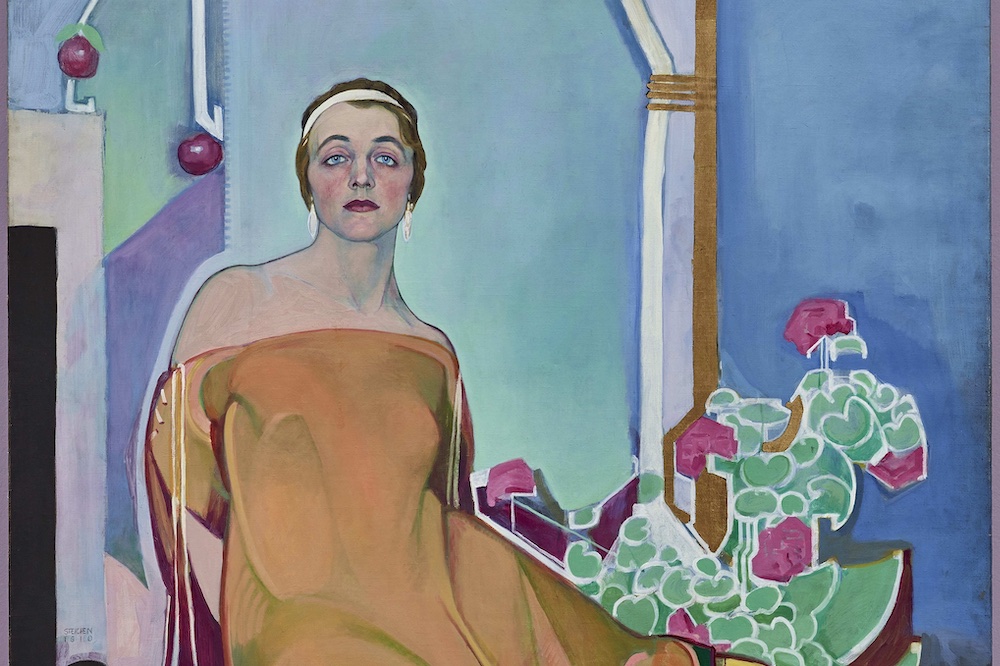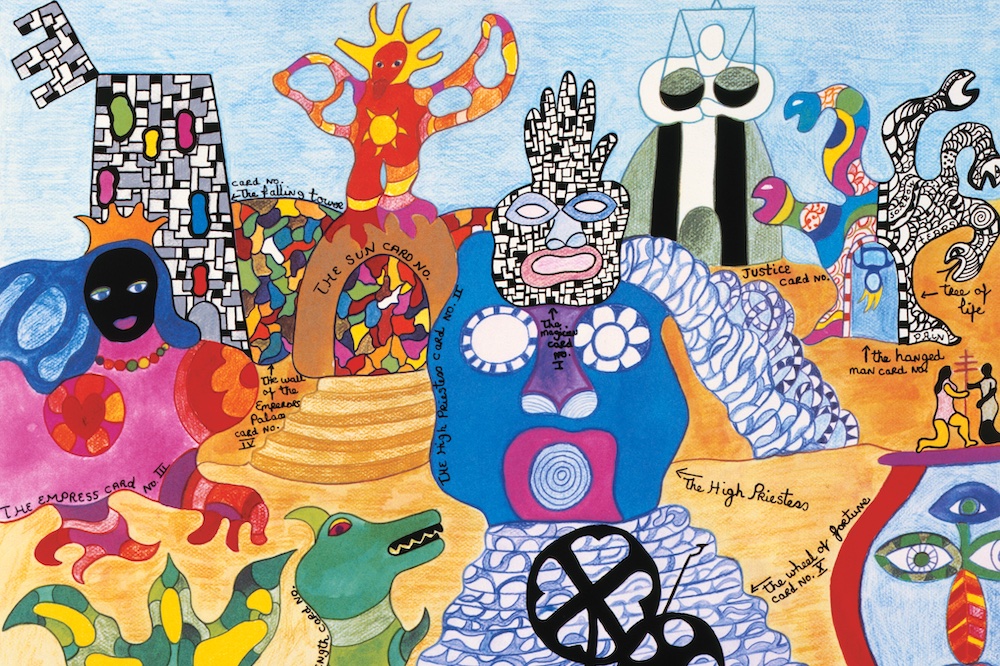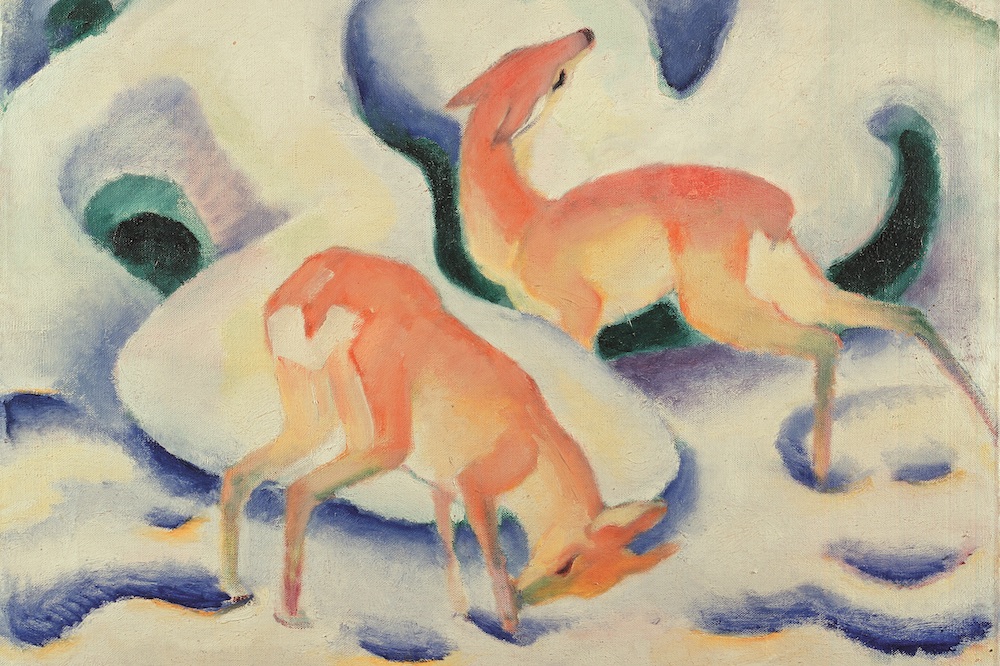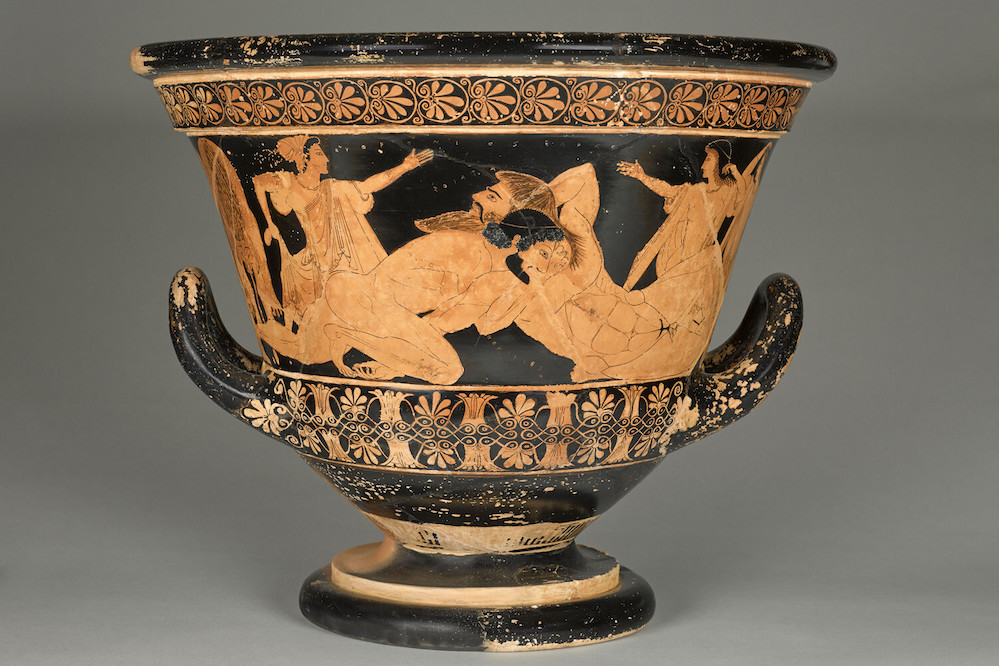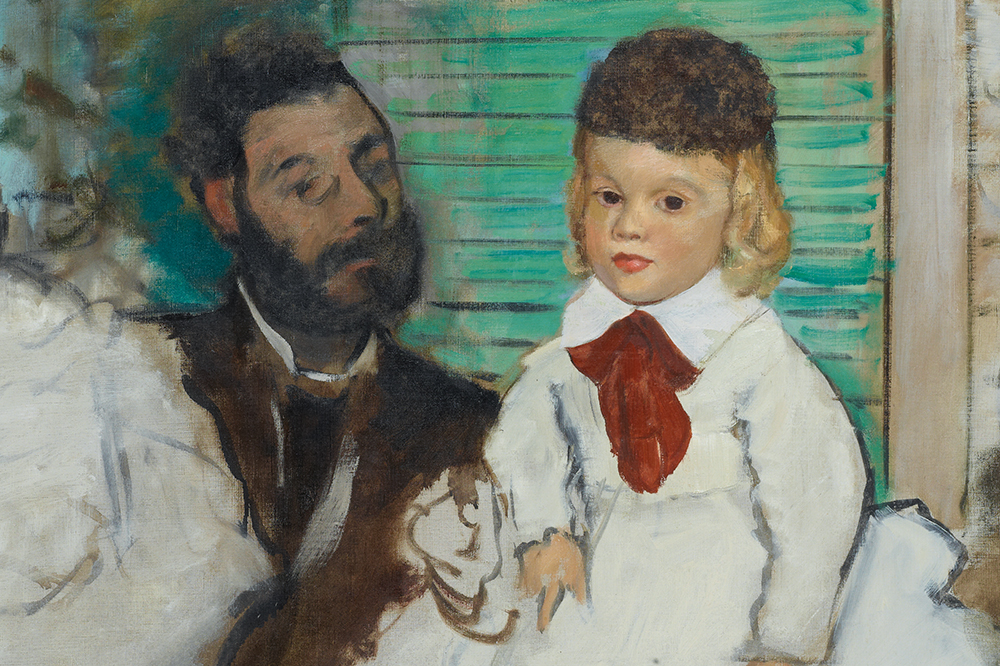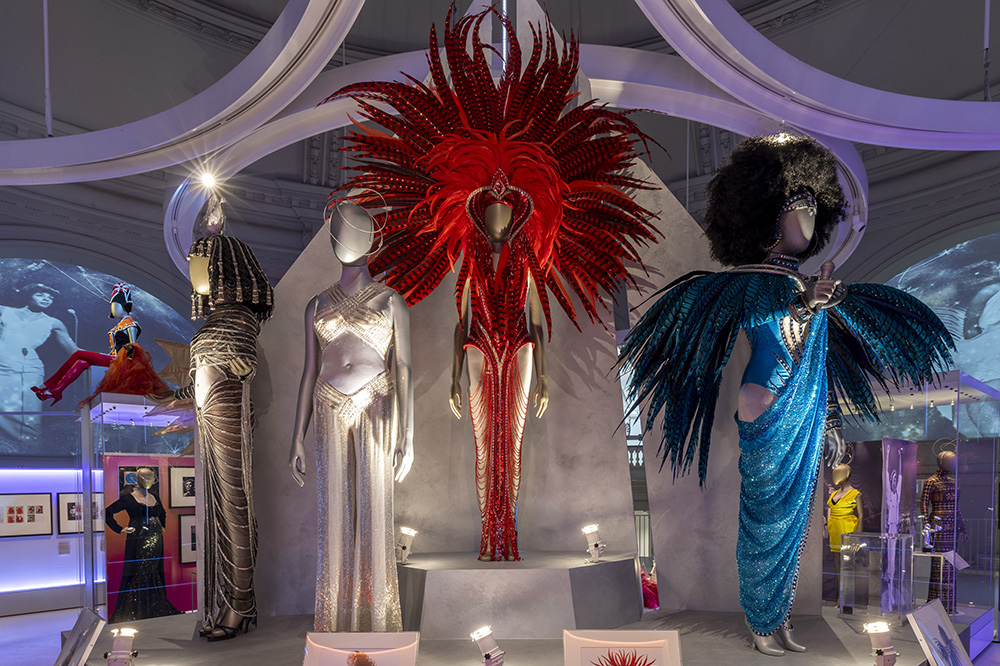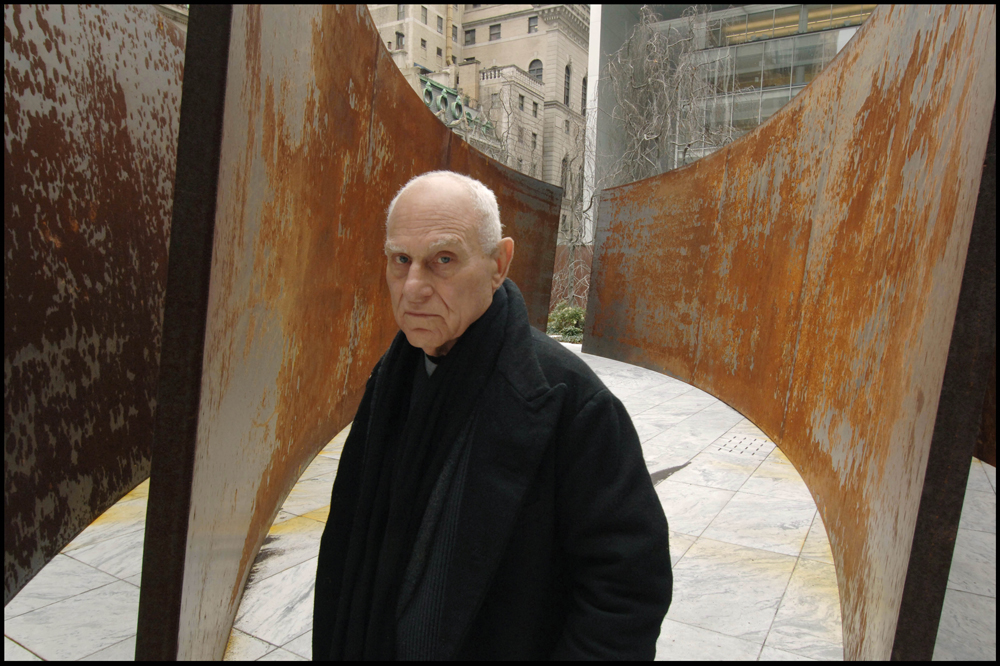Our daily round-up of news from the art world
Eliseo Mattiacci (1940–2019) | The Italian sculptor Eliseo Mattiacci, who was closely associated with Arte Povera, died on 26 August at the age of 78. Born in Cagli, Mattiacci studied at the Istituto di Belle Arti, graduating in 1959 before moving to Rome. Known for his large-scale abstract compositions, Mattiacci created sculptures and installations investigating humanity’s relationship with our environments and our place in the cosmos. Mattiacci represented Italy at the Venice Biennale twice in 1972 and 1988, and won first prize at the 1995 Fujisankei Biennial. Recent significant shows have included ‘GONG’ (2018), in which 20 of Mattiacci’s outdoor works were shown at Forte di Belvedere in Florence, Italy.
Petworth House paintings to be restored | A pair of paintings depicting Rachel Russell, Duchess of Devonshire and Mary Somerset, Duchess of Ormonde, which were shortened 200 years ago, are to be fully restored by the National Trust. The works, which were painted by Michael Dahl for the Beauty Room at Petworth House in West Sussex towards the end of the 17th century, were among a group of portraits cut to three-quarter length under the direction of the 3rd Earl of Egremont, the owner of the estate in the 1820s, to make space on the wall. The rejected sections of the paintings were reattached and folded behind the canvases, and after their full restoration the works will be shown at Tate Britain in an exhibition on the British baroque opening in February.
Division mounts over ICOM museum definition | A revision of the definition of museums, proposed by the International Council of Museums (ICOM), has sparked controversy ahead of a general assembly on 7 September in Kyoto, Japan. Selected by ICOM’s executive board at a meeting in Paris on 22 July, it defines museums as ‘democratising, inclusive and polyphonic spaces for critical dialogue about the past and the future’ – critics have described it as overly ‘ideological’. The Art Newspaper reports that 24 national branches of ICOM have issued a petition requesting for the vote on the wording to be delayed in order to develop a ‘new proposal’.
Unlimited access from just $16 every 3 months
Subscribe to get unlimited and exclusive access to the top art stories, interviews and exhibition reviews.





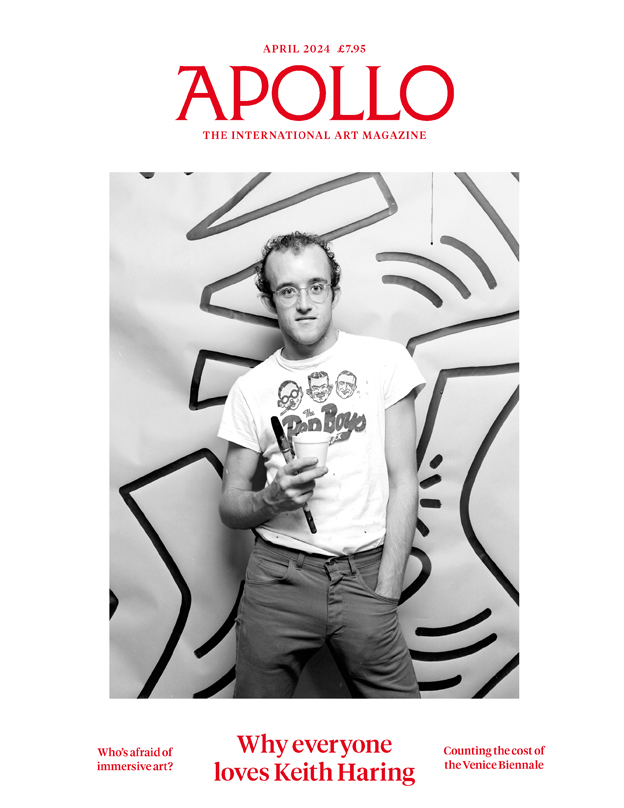
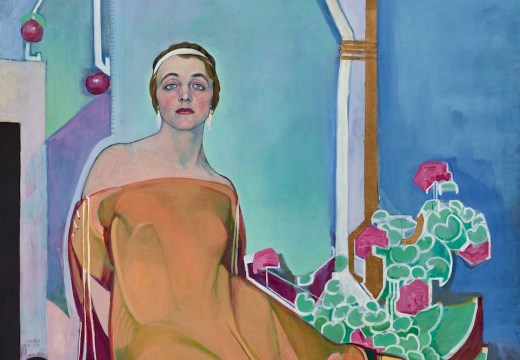
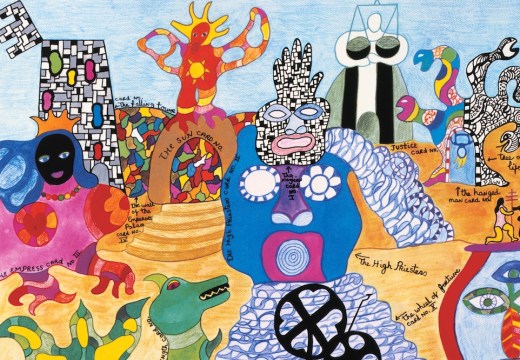
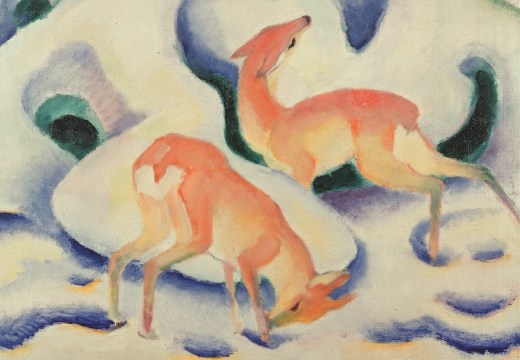
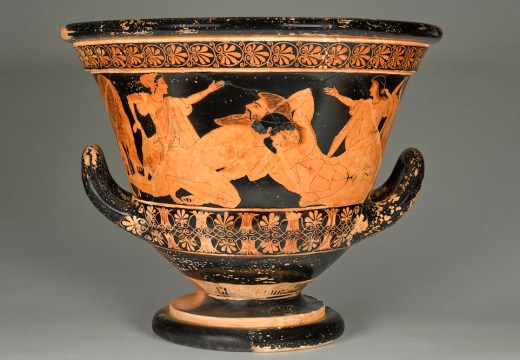

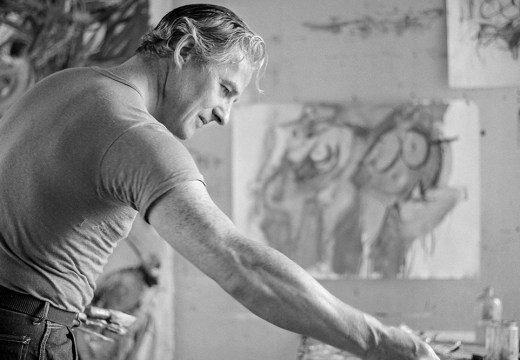
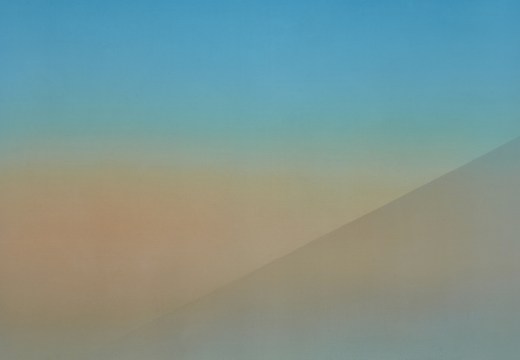
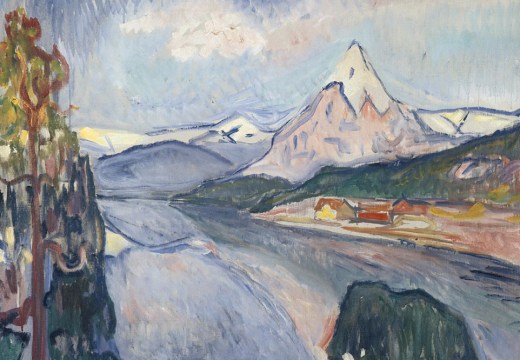
![Masterpiece [Re]discovery 2022. Photo: Ben Fisher Photography, courtesy of Masterpiece London](http://www.apollo-magazine.com/wp-content/uploads/2022/07/MPL2022_4263.jpg)
